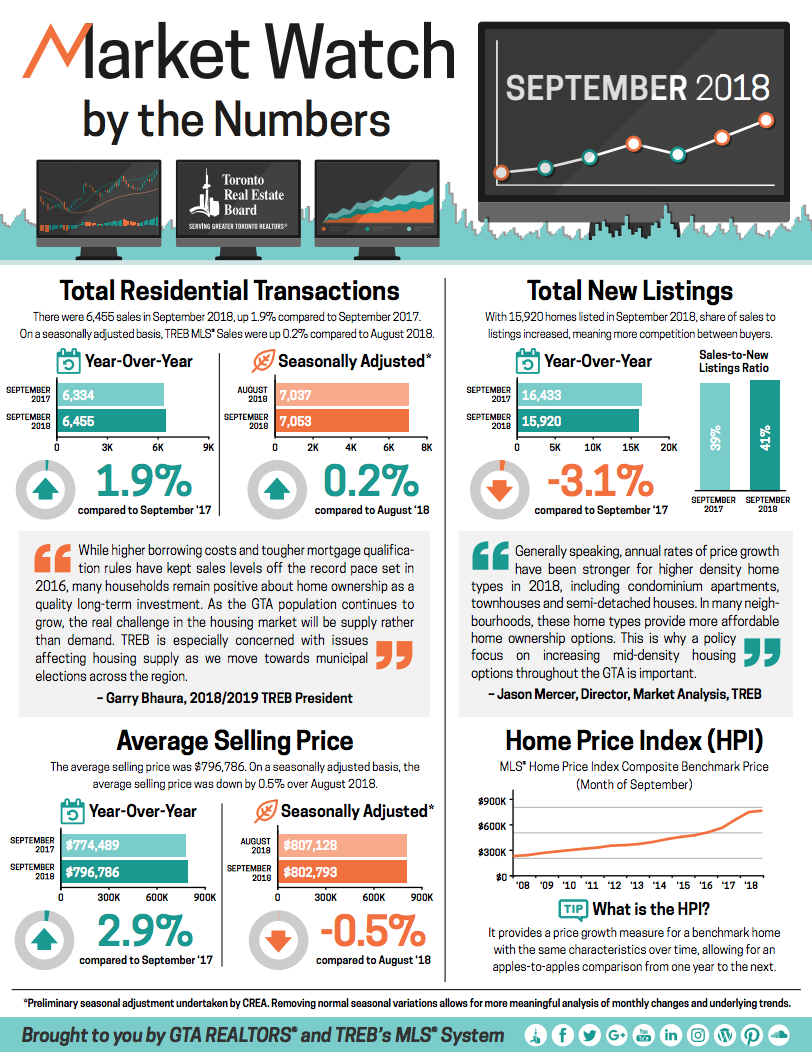I was recently in an offer negotiation where the buyer who was looking to secure a mortgage on their new purchase wasn’t able to do so within the time period specified in their purchase and sale agreement. The buyer agent contacted me promptly to let me know that they won’t be able to secure the funds within the time period and would require an extension for two days. If you’re the seller and the buyer hasn’t been able to fulfill a condition on their purchase and sale agreement, do you agree to give them the extension if they ask?
This is a very tough question to ask and needs to be answered with some consideration. Following are some points that I’d like you to consider when answering these questions:
- How easy or hard was it to find a buyer for your property?
- What’s the current demand in your neighborhood?
- What’s the missing piece for the buyer in coming through with their condition?
- How much time do you have before making the transition to your next house?
Depending on the answers you get, you can make a decision if you should allow or not allow an extension. If you’re in a seller’s market and in a high demand neighborhood, the chances of you finding a buyer are significantly higher and you can take a chance with putting the property back on the market.
You have every right to ask the cooperating broker (Buyer Agent Representative) about why they haven’t been able to come through on the condition and what the missing piece of the puzzle is. If it’s a home inspection, for example, then you can allow a day or two for them to come in a do the inspection. This is common since I would recommend my buyers not to conduct the home inspection until they have a commitment from the lender to forward them the funds. They will save their inspection cost should they not qualify for the mortgage or have an issue. I would, however, ask for another deposit to be provided in order for us to allow them the extension. This shows that the buyer is committed to the home and wants to close.
If the buyer is having trouble getting financing due to not enough income, past debt etc… I would be more inclined to suggest a mutual release so the purchase and sale agreement is nullified and the property can be back on the market. The same goes for any buyers that don’t show up with the deposit check the next day! If they buyer is having trouble securing a mortgage commitment right now, chances are much higher that they will have issues at the closing table.
In a slower market, you’d have to tread more carefully but always making sure you’re not going to suffer through the transaction. For instance, if the buyer is not qualifying for their mortgage but have a substantial down payment, you might consider a STB (Seller Take Back) mortgage to help them with the purchase (if you can do so). There are also other creative ways to handle issues as such which a REALTOR can help you with. The bottom line is that you have to be safeguarded through the transaction and your interests protected.
It’s the same when you’re a buyer and the seller isn’t able to provide the information promised. I’ve had issues where the Seller promised us an SPIS (Seller Property Information Statement) but decided he won’t fill it out and sent us a blank copy. My reply to their fax wasn’t a condition fulfillment because my clients were in love with their house but was a phone call to the Listing Agent stating that they are in breech of contract and need to consult with their lawyer before I proceed. I got the SPIS from the seller the next day.
So, there is not right or wrong answer when it comes to situations as such. My recommendation is to weigh out all your options before you agree to extend or cancel a contract.
 Torontonian Online Running in the fast lane! Real estate and more…
Torontonian Online Running in the fast lane! Real estate and more…






[New Post] As a seller, should I allow an extension to a contract? http://torontonianonline.com/?p=456 #FB